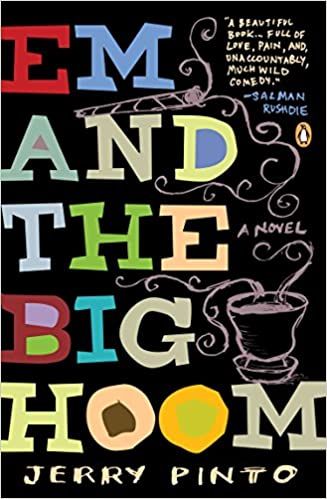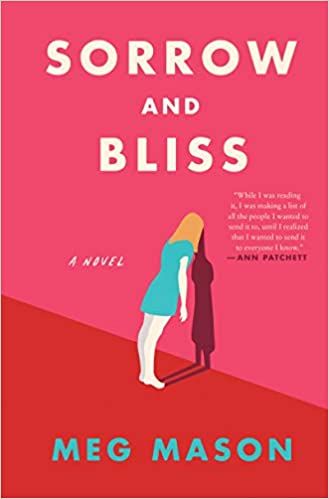In Jerry Pinto’s Em And The Big Hoom, Imelda Mendes, referred to as ‘Em’ by her two children is a mentally unstable mother. Her manic-depressive episodes create a vortex around which her husband and two children are tossed and turned. She is ‘mad’ enough to say ‘cock and cunt’ out loud in front of her children. She swings wildly between extreme suicidal tendencies and emotionally abusive mania. Her uncertain mental state is punctured at times by rare moments of normalcy. Despite her ‘madness’ being big enough to dominate both the living space and headspace of her family, Pinto has very carefully made her character so much more than that. Em is not a nice woman just because it’s more socially comfortable than being rude. Through her son’s desperate attempts at piecing together who his mother used to be before her mental illness took hold of her, we see how she was as a young woman. Her diary entries and letters that she compulsively wrote but rarely mailed shed light on the entirety of her personality. We learn about her courtship with her husband and how she had to give up her dreams of going to college and take up a job to support her family. Behind all her suicide attempts and frequent trips to the hospital, Pinto has preserved a very human and vulnerable portrait of a woman who had no choice but to give in to her ‘insanity’. He has further reclaimed the ‘insanity’ arc for Em by not believing in a fairytale of overcoming mental illness. Em doesn’t wish to be pardoned for being herself, regardless of how horrifying it gets to be her in all her nakedness. Meg Mason’s debut novel, Sorrow And Bliss, is told in the aftermath of Martha and Patrick’s separation. Our 40-year-old narrator, Martha, armed with her biting humor has been fiercely trying to fight a debilitating mental illness for as long as she can remember. Mason never names her illness and refers to it as ‘— —’. There is something exceptionally liberating in this as she doesn’t end up pathologizing Martha’s illness, yet gives her the clarity and understanding she needs to inch closer to her big coming-of-age moment. Naming Martha’s ‘insanity’ isn’t important here. Rather, Mason takes stock of how Martha sees herself, reimagines the hurt that has been inflicted on her by bystanders of her ‘insanity’, and copes with the past barrage of misinformation regarding her illness. Patrick’s sweet and self-effacing nature stands in contrast to Martha’s crushing depression and what has been interpreted as her selfishness. While at times she is genuinely foul to those around her, she is also one of the innately kind people who buy glasses they don’t need to make a humiliated optician feel better. Martha’s ‘insanity’ has been twisted and turned by others to fit the narratives they have of her. The way she perceives herself has been compromised by false information and misinterpretations from her caregivers, professional or otherwise. To top it off, Martha’s illness, broken marriages, and less-than-ideal childhood cloud her judgment about herself. When she finally receives an accurate diagnosis of her illness, Mason’s intelligent portrayal of it as ‘— —’ keeps Martha from becoming a poster child for a particular condition. She has been the subject of conjecture — someone to be decoded as per the myopic visions of those who know her and a project to be fixed or given up on, for far too long. In the end, by making her see her ‘insanity’ for what it actually is, Mason finally lets Martha become a participant in her own life, which even in the 21st century is an incredible feat for ‘insane’ women. Every time women spoke sense, they were relegated to the realm of the ‘insane’. Whenever they broke out of their stereotypical image of the caregiver, they were called names and reduced to derogatory labels. Much has changed in our modern world, but when it comes to women’s position in society a lot is still yet to be done. Literary fiction portraying flawed female characters fighting their respective battles with mental health is a much-needed social movement. It urges us to start thinking of women as beings deserving of care, thought, and affection, and not just launching pads for the nourishment of the male child. For more reflections on mental illness, check out these must-read mental illness memoirs and these books that demystify mental illness.

